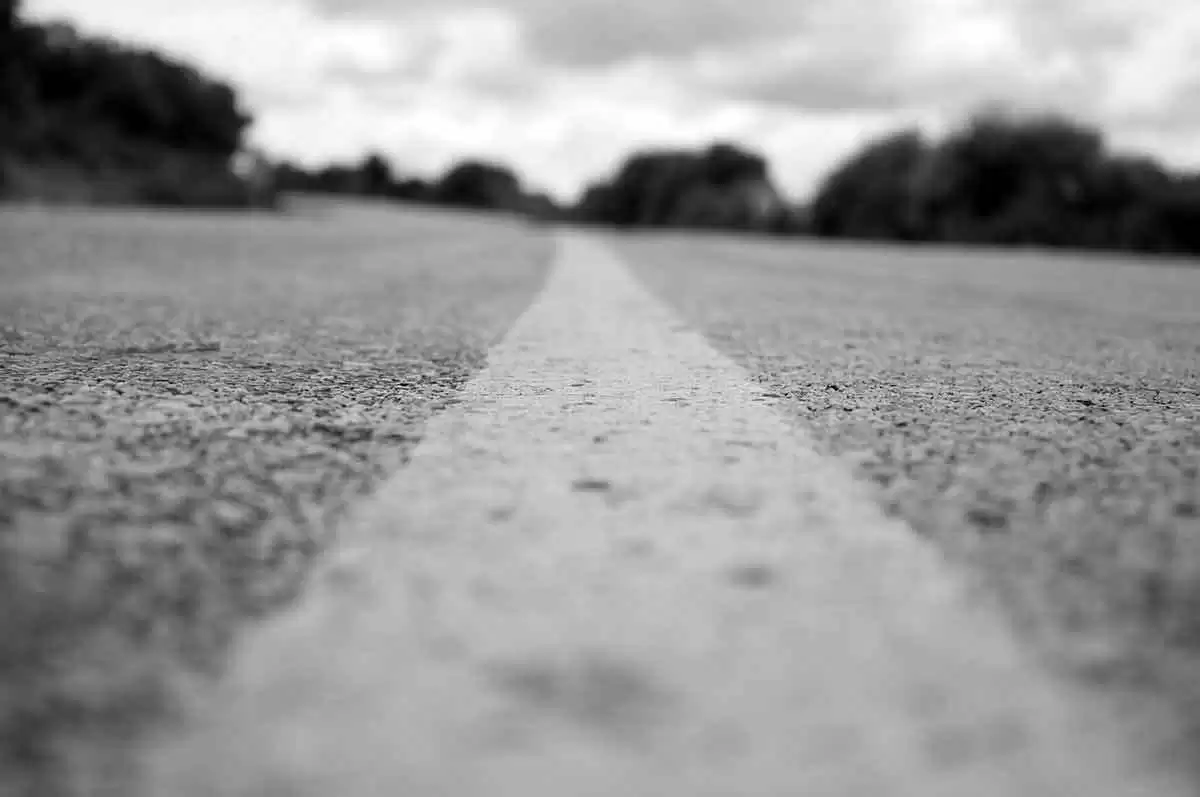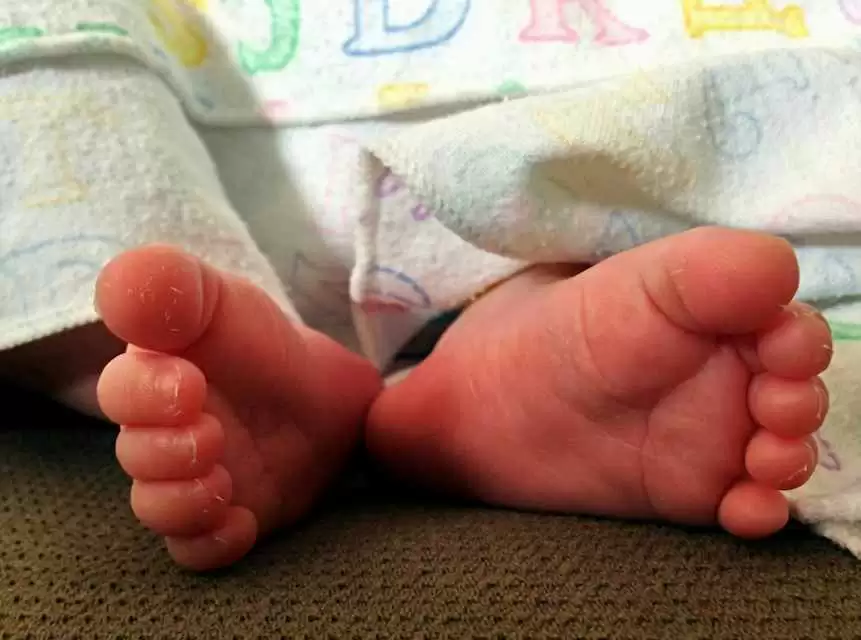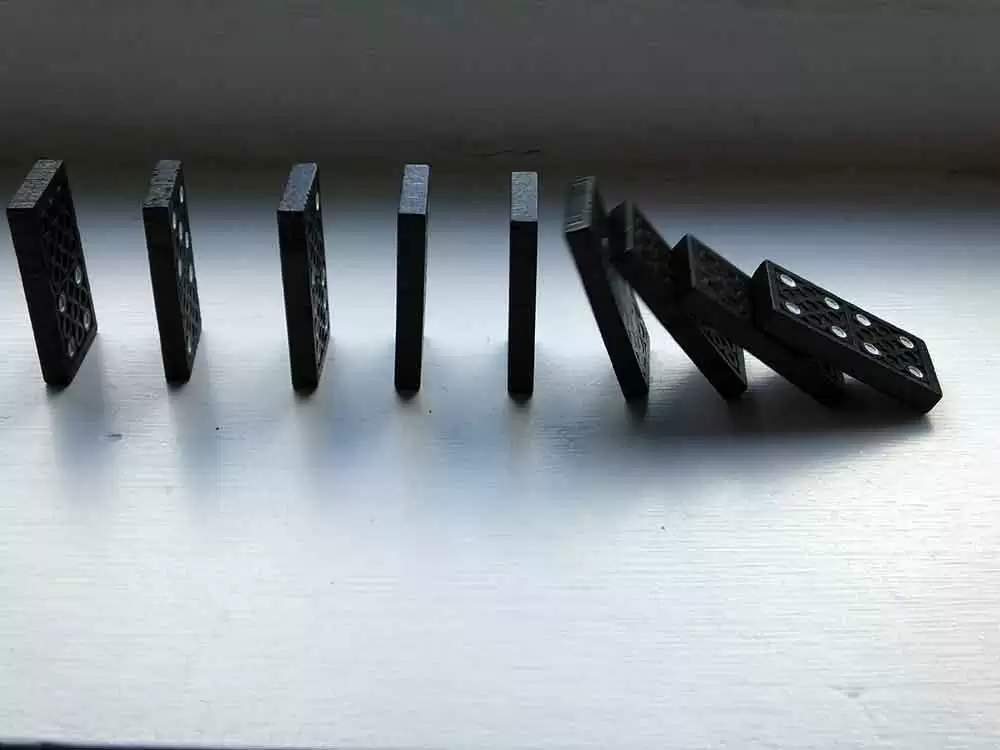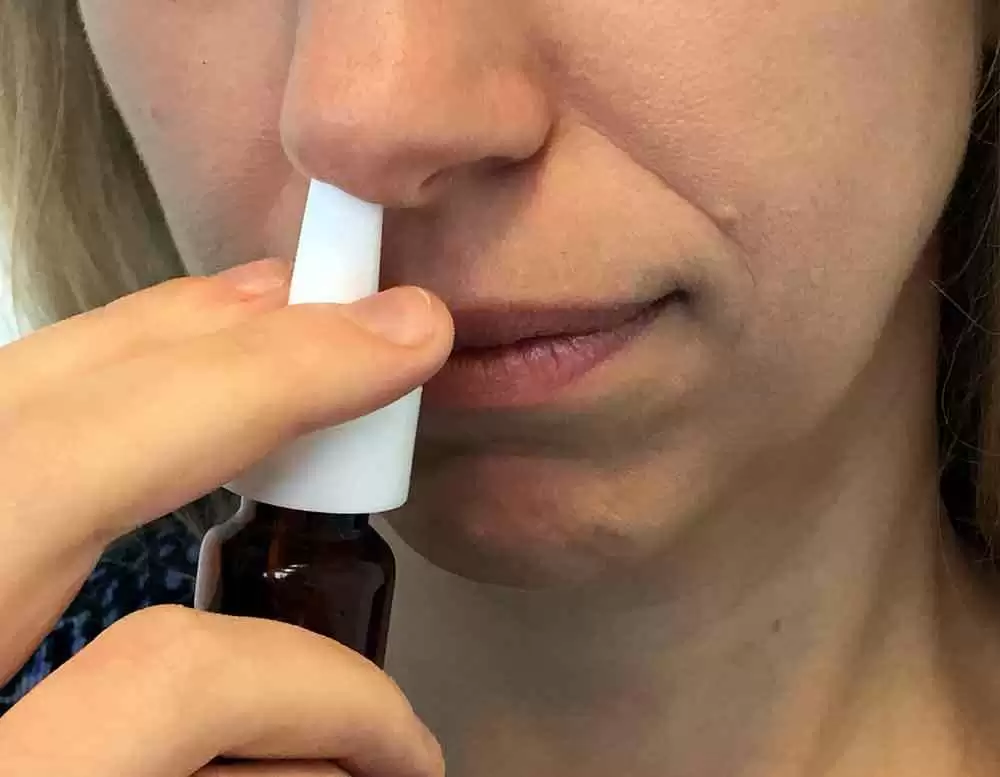
Celiac.com 09/16/2021 - About 10 years ago I thought I had a bladder infection. It came on very suddenly. One day I was fine and the next day I was having all of the symptoms of a bladder infection. I went to my family doctor who prescribed Macrobid—even though I did not test positive for an infection. The Macrobid did not help at all and I was still having the bladder urges and pain. The family doctor referred me to a urologist who did so many tests I can’t even remember them all but every one came out negative. He gave me one antibiotic after another even though I still never tested positive for an infection.
After one test he determined that I had fibroids on my uterus and referred me to a gynecologist who did a laparoscopy and confirmed the fibroids and said that some of them were apparently pressing on my bladder and suggested I have a hysterectomy.
Celiac.com Sponsor (A12):
I consulted another gynecologist for a second opinion. He confirmed the fibroids so I went ahead with the hysterectomy. When I recovered from the surgery and the bladder symptoms were still the same I went back to the urologist for more tests and he eventually confirmed the diagnosis of interstitial cystitis (IC). He put me on Elmiron which is the only medication specifically for the disease. I also had two bladder distensions. Those gave me no relief either. I basically suffered through it for a year or two until I went for acupuncture and started seeing a holistic doctor. He told me to quit eating grains which I did and found relief very quickly.
Being one who wants to know what is going on with my body, and wanting to know all I could about interstitial cystitis I was on the computer researching it constantly to see what treatments were working for other people. In all of my research I only found one reference to anyone being on a gluten free diet and getting relief from it so believe me it did not surprise me whatsoever that one would not be able to find any reference connecting interstitial cystitis to gluten intolerance.
I haven’t been to a urologist in a few years. My original urologist moved away and when I mentioned to the next one that the only relief I found was a gluten free diet, he didn’t really seem that interested. Other doctors I have seen didn’t even know what gluten was and also seemed disinterested.
Initially, after being diagnosed with interstitial cystitis, I attended several conferences on IC and went to some support group meetings but they all seemed to revolve around drugs and most specifically Elmiron. The main website for IC research is ichelp.org and is sponsored by Elmiron so it is no wonder the only research they are interested in promotes using Elmiron. I have shared the story of my success using a gluten free diet for IC with other people who have interstitial cystitiis and are suffering terribly. None of them have taken me seriously. I am confident this is because their doctor never mentioned it to them. Not being a doctor, who am I to be able to know how to treat this condition, even though I speak from experience? I am also sure that they think it is just too difficult to follow such a restrictive diet and would rather be treated with medications.
The holistic doctor that I went to was Michael Leveque here in Central Florida. He has moved away from my area and is currently in the Ft. Myers, Florida area. When I was seeing Dr. Leveque I participated in some workshops he did and he used my case history in his presentation and also had my testimonial on his website.
The acupuncture physician I saw is Sue Leveque, DOM and the wife of Michael Leveque, who now practices in Fort Myers, Florida also. She offered other holistic services including lab testing for gluten intolerance and a variety of other nutrition related conditions. My test results revealed that I had three parasitic infections, heliocobator pylori (a bacterial infection that causes ulcers and acid reflux) and heavy metal toxicity. I was successfully treated for the parasitic and bacterial infections with antibiotics and also used a pro-biotic treatment afterwards to counteract the effects of antibiotic therapy. In addition, I had my amalgam fillings removed and went through chelation treatments to rid my body of heavy metals.
As a result of all that I have done, I am healthier now than I have been in years. And I know that the primary reason my health has improved to the point it is today is because my diet is gluten-free.









Recommended Comments
Create an account or sign in to comment
You need to be a member in order to leave a comment
Create an account
Sign up for a new account in our community. It's easy!
Register a new accountSign in
Already have an account? Sign in here.
Sign In Now